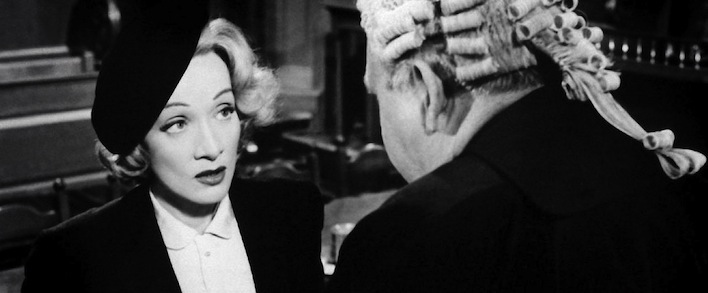The Law in Federico De Roberto's Viceroys
Abstract
The plot of the Viceroys is massively interwoven by an extraordinary discourse concerning law which, combined with the historical, political, economic, religious and the emotional codes, involves the juridical code, in the strict sense of the word. The latter, in turn, still remains inscribed in a feudal structure. Although the historical-familiar events told take place around the mid-nineteenth century Bourbon Sicily, the age is yet marked by the abolition of some meaningful institutions of the old law such as, among others, the fideicommissum.
In order to settle their hereditary, testamentary, matrimonial and estate caste issues, the noble Uzedas continue to rely on that old feudal law, at least formally. Actually, they do nothing but circumvent or even break it. Once the new Savoy regulations have become effective, they do not despise however to exploit a noble of the robe, and acquired by marriage, lawyer Benedetto Giulente’s advice in order to legally cope with their suspicious transactions.
Next to the laical regulations of the law, the novel also describes, in an irreverent and outrageous way, what remains of the Benedictine Rule in an age of «plenty» about to the end, in consequence of the new Piedmont law which states the abolition of religious orders.
Anyway, what sort of law, ethically speaking, does the novel actually convey, despite the positive juridical orders stemming from it? As a matter of fact, it is an archaic and dreadful maternal law, a ‘law-lawless’, incessantly brought up, as this analysis tries to point out accurately together with the positive law procedures coming out from the narrative.
Downloads
References
Bruni, Francesco, “«Fatta l’Italia bisogna fare gli italiani». Il ruolo della lingua e un luogo comune da riesaminare”, La modernità letteraria, 4 (2011): 11-23.
De Roberto, Federico, I Viceré, in Romanzi novelle e saggi, a cura di Carlo A. Madrignani, Milano, Mondadori, 1984.
Flaubert, Gustave, Madame Bovary, in Id., Œuvres, Paris, Gallimard («Bibliothèque de la Pléiade»), 1951, I, trad. in Opere, Milano, Mondadori («I Meridiani»), 1997, I.
Freud, Sigmund, “Totem und Tabu”, Gesammelte Werke, Frankfurt s. M., Fischer, 1912, IX, trad. it., Totem e Tabù, Opere, Torino, Boringhieri, 1975: 10-164, VII.
Id., “Der Mann Moses und die monotheistische Religion: Drei Abhandlungen”, Gesammelte Werke, Frankfurt , Fischer, 1932-1939, XVI, trad. it. “L’uomo Mosè e la religione monoteistica: tre saggi”, Opere, Torino, Boringhieri, 1979: 337-453, XI.
Galvagno, Rosalba – Stazzone, Dario (eds.), Federico De Roberto, Catania, ristampa anastatica con 152 illustrazioni, Enna, Papiro editrice, 2007.
Gigante, Claudio, “‘Fatta l’Italia, facciamo gli italiani.’ Appunti su una massima da restituire a D’Azeglio”, Incontri, Anno 26. 2 (2011): 5-14 – Website: www. Rivista-incontri.nl.
Giudice, Gaspare, (ed.), I Vicerè e altre opere di Federico De Roberto, Torino, UTET, 1982.
Lausberg, Heinrich, Elementi di retorica, Bologna, il Mulino, 1969.
Martelli,Mario, “Il tema della giustizia nei «Vicerè» di Federico De Roberto”, La giustizia nella lettera tura e nello spettacolo siciliani tra ‘800 e ‘900. Da Verga a Sciascia, Ed. Angelo Zappulla, Catania, La Cantinella, 1997: 131-143.
Sciascia, Leonardo, I Viceré (1977), in Id., Per un ritratto dello scrittore da giovane, Milano, Adelphi, 2000: 34.
Copyright Notice
You are free to copy, distribute and transmit the work, and to adapt the work. You must attribute the work in the manner specified by the author or licensor (but not in any way that suggests that they endorse you or your use of the work).









